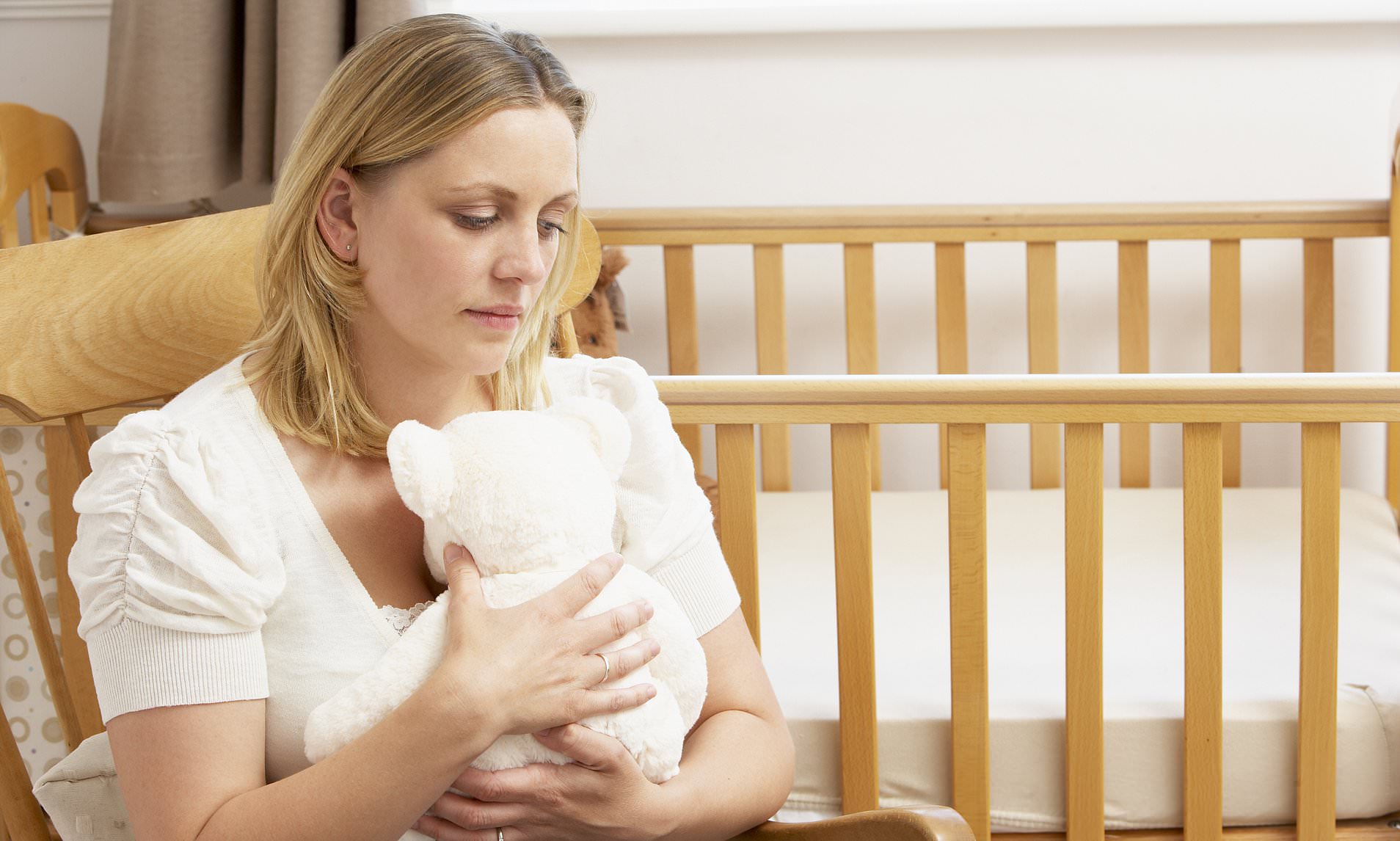Some jobs are inherently riskier than others because of the threats of accidents, injuries, and toxin exposures. Military personnel are perhaps at the highest risk because they encounter such threats. Even their loved ones constantly bear the risk of chemical exposure on military bases. The Camp Lejeune disaster is the worst among the environmental disasters in the country, and it is an instance of toxin contamination.
Besides the possibility of cancer due to contaminated water intake, women may encounter miscarriage and fetal death due to deadly chemicals. Exposure to teratogens during pregnancy may also lead to congenital birth defects. Surprisingly, even a father’s exposure to certain teratogens can lead to miscarriage due to potential chromosomal abnormalities in the sperm. Let us explain how the risk rises due to toxins and chemicals on military bases.
Dangerous chemicals that elevate miscarriage risk
Research studies indicate that occupational exposure to some chemical agents can elevate the risk of miscarriage. American military personnel and their families encounter such toxins daily on bases. The most dangerous ones include trichloroethylene, toluene, benzene, acetone, methylene chloride, xylene, halogenated hydrocarbons, and aromatic hydrocarbons. Contact with them through drinking, inhalation, and skin surface can lead to severe problems with fetal development and health. In worst-case scenarios, prolonged exposure can cause miscarriage and stillbirth.
Effect of toxins on pregnancy
Miscarriage refers to fetal death before twenty weeks of pregnancy. While the risk runs high at 10%- 15% in any pregnant woman, exposure to toxic chemicals increases it substantially. Once you are exposed to toxic chemicals during pregnancy, they enter your bloodstream and reach the fetus. While miscarriage may not happen overnight, regular or prolonged exposure is dangerous. Studies show that the first trimester is the most vulnerable phase when it comes to fetal development. If you encounter toxins in food, water, or air, you may end up losing your baby.
Knowing your rights is crucial
If you live on a military base with your spouse, you must know your rights as a would-be parent. Exposure to hazardous organic and industrial solvents can cause a miscarriage, so you have a reason to worry if your partner is pregnant. Consider the example of Camp Lejeune water contamination in this context. Military veterans and their families posted at Camp Lejeune between August 1, 1953, and December 31, 1987, were exposed to dangerous chemicals in the contaminated water. If you or your partner experienced a miscarriage during this period, you may send your toxic water legal claim under the Camp Lejeune Justice Act. It means you can seek compensation decades later, provided you prove you were at the base during the period and your miscarriage occurred due to toxic water.
Compensation coverage for Camp Lejeune lawsuits
If you sustained a miscarriage due to Camp Lejeune exposure, a seasoned lawyer can help you get compensation for the physical pain and emotional anguish caused by the loss of your baby. Typically, compensation includes medical costs of standard predelivery and postdelivery procedures, recovery from miscarriage or pregnancy complications, and the cost of pain and suffering. You can also get the authorities to pay for your emotional trauma because their negligence led to the miscarriage. Your attorney can also help you get lifelong estimates on support if you could not have childbirth due to a miscarriage or other complications.
Reducing the risk of exposure
Exposure to a chemical agent during pregnancy can cause panic because there is always a chance of losing your baby. Thankfully, you can take some steps to lower the risk of exposure. For example, military personnel can seek the option of a transfer. They may leave their partner in another city, which makes sense to prevent the risk for the mother and the baby. It is a precaution every couple must absolutely take, even if there is a possibility that the toxins will not harm the baby at all.
Toxin exposure on military bases is common in the US, with Camp Lejeune being one of the worst-known crises in history. It set an example for pregnant military officers or expectant wives. The good thing is that awareness can help you avert the risk, even if it means not joining your partner at the base. You can also claim compensation if you have already suffered due to drinking contaminated water at a military base. Nothing is more valuable than your health and your baby’s well-being. So you must get your facts right if planning a pregnancy or being pregnant while living in a high-risk area.



